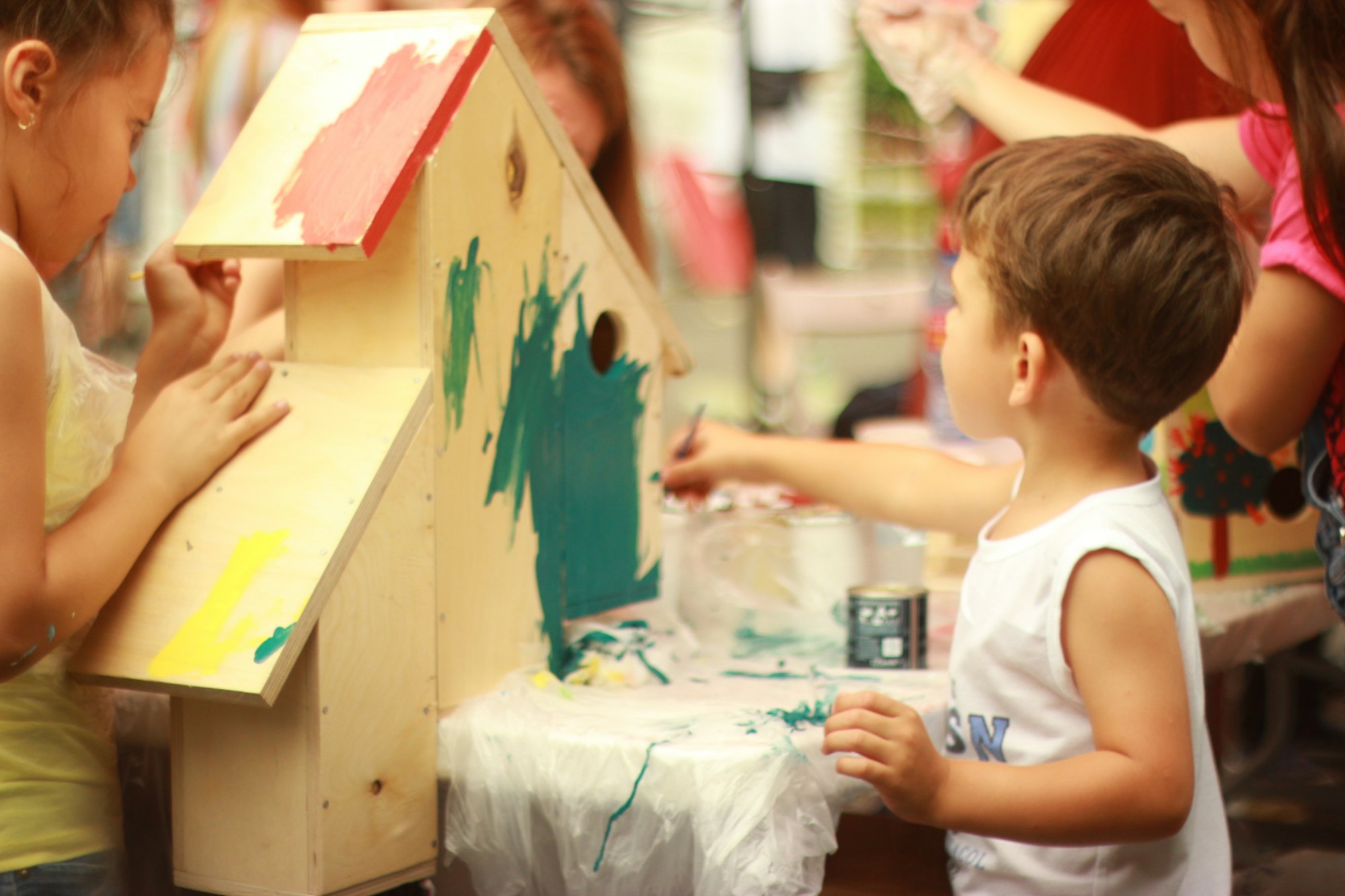Kindergarten, a German word meaning “children’s garden,” represents a fundamental component of early childhood education in Germany. It plays a vital role in shaping a child’s social, emotional, and cognitive development. This article provides a comprehensive definition of Kindergarten in Germany, exploring its history, structure, curriculum, benefits, and significance in the educational landscape.
**Historical Roots and Development:**
- Kindergartens in Germany have a rich history dating back to the early 19th century. Friedrich Fröbel, a German educator, introduced the concept of Kindergarten as a place for young children to learn through play, social interaction, and hands-on activities. Fröbel’s pedagogical philosophy emphasized the importance of nurturing a child’s natural curiosity and creativity, laying the foundation for modern Kindergarten practices.
**Structure and Enrollment:**
- In Germany, Kindergartens are typically available for children aged three to six years. Enrollment is voluntary and is often viewed as a bridge between home and formal schooling. Kindergartens can be public, private, or operated by religious or community organizations. They are widely accessible, and the government often subsidizes their operation to ensure affordability for families.
**Curriculum and Educational Approach:**
- The curriculum in German Kindergartens focuses on holistic development, nurturing various aspects of a child’s growth. Play-based learning is at the core, encouraging children to explore, experiment, and interact with their environment. Activities include storytelling, arts and crafts, music, outdoor play, and games. The curriculum aims to foster language skills, social competence, motor development, and early numeracy concepts.
**Educational Goals:**
German Kindergartens emphasize the following educational goals:
1. **Social Skills:** Children learn to interact with peers, share, collaborate, and develop empathy.
2. **Cognitive Development:** Activities stimulate cognitive skills like problem-solving, critical thinking, and creativity.
3. **Language Acquisition:** Language-rich environments promote communication, vocabulary development, and pre-literacy skills.
4. **Motor Skills:** Play and physical activities enhance fine and gross motor skills.
5. **Cultural Awareness:** Kindergartens often celebrate cultural diversity, promoting understanding and tolerance.
**Benefits of Kindergarten:**
Participation in Kindergarten offers several benefits for children, including:
1. **Socialization:** Children learn to navigate social situations, make friends, and develop interpersonal skills.
2. **Readiness for School:** Kindergarten prepares children for formal schooling by introducing routines and academic concepts.
3. **Holistic Development:** The play-based approach fosters well-rounded growth, including emotional and physical development.
4. **Language Proficiency:** Early exposure to language-rich environments enhances language acquisition.
5. **Cultural Awareness:** Kindergartens promote respect for diverse cultures and backgrounds.
**Significance in the Educational Landscape:**
- Kindergarten holds a pivotal place in Germany’s education system. It not only contributes to children’s development but also supports parents by providing a safe and nurturing environment. Furthermore, Kindergarten lays the groundwork for successful academic journeys and lifelong learning.
Kindergarten in Germany stands as a cornerstone of early childhood education, shaped by a rich history and visionary educators. Its play-based approach, holistic curriculum, and emphasis on social, cognitive, and emotional development contribute to nurturing well-rounded individuals. Kindergarten serves as a critical bridge between home and formal schooling, playing a significant role in preparing children for their educational journey and beyond.
